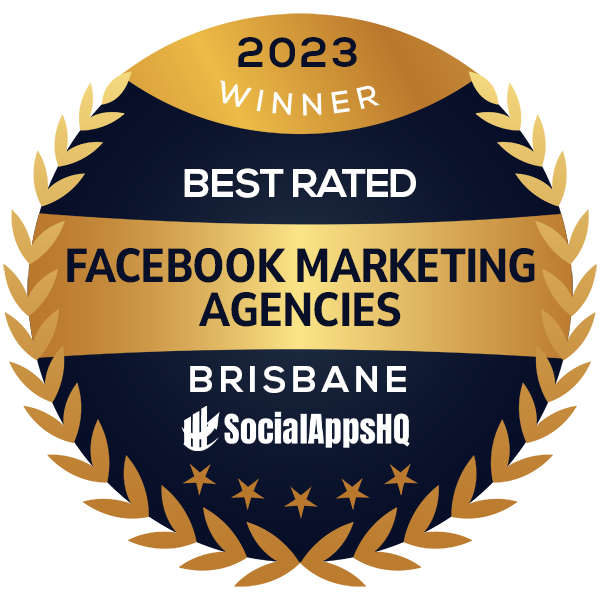Will You be Using The Power of AI in Your Business and What Happens if Your Don’t?
Written by David Lee-Schneider, CEO of Done Digital
As the world of artificial intelligence (AI) continues to develop at breakneck speed, it’s becoming increasingly clear that small businesses will have to adapt or risk being left behind. Embracing AI is no longer an option but a necessity for staying competitive in today’s fast-paced digital landscape.
While for many business owners, these latest advancements may be scary, for those who are willing to invest time and resources into understanding and implementing AI technologies, an ocean of new opportunities awaits. By incorporating AI-driven tools and strategies into their marketing and operations, small business owners can make data-driven decisions, better understand customer preferences, and create more targeted campaigns, ultimately increasing sales and growing their businesses.
The rise of AI has made it more important than ever for small businesses to prioritise their marketing efforts. By leveraging AI-powered tools, businesses can automate repetitive tasks, freeing up valuable time and resources to focus on more strategic initiatives. Moreover, AI-driven marketing platforms allow for more precise targeting, enabling businesses to reach their ideal audience and maximise return on investment (ROI).
One of the key benefits of AI for small businesses is the ability to analyse large amounts of data quickly and accurately. This allows businesses to uncover patterns and trends that can inform marketing strategies, optimise pricing, and improve customer experiences. By harnessing AI-driven analytics, small businesses can gain insights that were previously reserved for large corporations with access to more resources. Now, businesses of any size can benefit from highly intelligent tools and software.
Another powerful advantage of AI is personalisation. Today’s consumers expect highly personalised experiences, and AI enables small businesses to deliver just that. By analysing user behavior and preferences, AI can help businesses tailor their content and offers to individual customers, resulting in higher engagement and conversion rates.
Of course, adopting AI is not without its challenges. Small businesses need to be proactive in learning about the various AI tools and technologies available, and understanding which ones are best suited for their specific needs. Additionally, small business owners must be prepared to invest in training and upskilling their teams to ensure they are equipped to make the most of these new technologies. The output we get from AI tools is only as good as the input we provide. So, understanding how to effectively use these tools is crucial to successful implementation.
Ultimately, the decision to embrace AI comes down to choice. As Charles Darwin once said,
“It is not the strongest of the species that survives, nor the most intelligent; it is the one most responsive to change.”
Small businesses that choose to adapt and leverage AI will be better positioned for growth, to win customers, and to increase sales, while those that resist change may find themselves struggling to stay afloat in the rapidly evolving digital landscape.
Embracing AI and making marketing a priority will not only help small businesses stay ahead of the game but also enable them to reach new heights. The future is in our hands – let’s choose wisely, and let the power of AI propel our businesses to success.
What are your thoughts on the impact of AI on small businesses? Let me know in the comments below!

Meet David – the founder and CEO of Done Digital. With his passion for helping businesses grow, he’s dedicated to helping you navigate the digital marketing landscape with timeless strategies and the latest automation tools that free up time and other valuable resources.

 Done Digital
Done Digital
 Done Digital
Done Digital
 Done Digital
Done Digital

